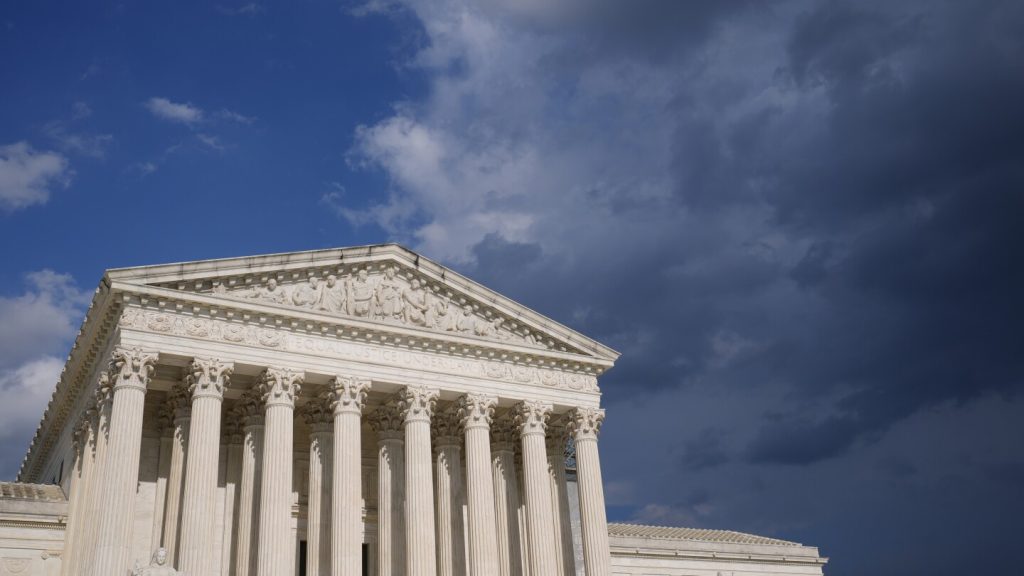The Supreme Court has ruled in favor of social media platforms including Facebook, TikTok, YouTube, and others, in their ability to regulate content posted by users. Justice Elena Kagan emphasized the platforms’ free speech rights and compared them to newspapers, stating that they deserve protection from government intrusion in determining what content to include or exclude. The court unanimously agreed on the overall outcome, sending the cases back to lower courts for further review.
The laws in Texas and Florida aimed to address conservative complaints that social media companies were censoring users based on their viewpoints, especially those on the political right. These laws were signed by Republican governors following decisions by platforms to ban former President Donald Trump over his posts related to the January 6 attack on the Capitol. Trade associations representing the companies sued, arguing that the laws violated their speech rights. While one federal appeals court struck down Florida’s law, another upheld Texas’ law, both were on hold pending the Supreme Court’s decision.
The justices emphasized two key points in their ruling. First, the First Amendment protects not only what individuals choose to say but also what they choose not to say, supporting editorial judgment. Second, the government is not permitted to regulate speakers in order to influence the marketplace of ideas. Both Governor Ron DeSantis of Florida and Governor Greg Abbott of Texas expressed concerns about social media platforms silencing conservative viewpoints. However, new developments such as Elon Musk’s acquisition of Twitter and changes in content moderation practices have since altered the landscape.
President Joe Biden’s administration supported the challengers in the case, calling for a narrow ruling that maintained the government’s ability to impose certain regulations to ensure competition, data privacy, and consumer protection. Free speech advocates hailed the ruling as a victory, emphasizing the importance of protecting online speech and information. While the decision was based on procedural grounds, it made clear that the Florida and Texas laws would face challenges in passing First Amendment scrutiny.
Despite the ruling being seen as a victory for free speech, some experts caution that it is a “bumpy win.” The justices expressed frustration that the case came to them as a facial challenge and sent it back for further development. The justices acknowledged the argument that Texas and Florida were seeking to impose their preferences on social media platforms and emphasized that under the First Amendment, such preferences cannot be imposed. The ruling foreshadows a difficult path ahead for the statutes if the states continue to press forward with them.
The Supreme Court has grappled with several cases involving social media platforms in the past year, including one in which it threw out a lawsuit accusing federal officials of pressuring companies to silence conservative viewpoints. During arguments, the justices seemed inclined to prevent the laws in Texas and Florida from taking effect, viewing the platforms as having broad free speech protections similar to newspapers. The ruling raises concerns about the impact on other businesses not targeted by the laws, such as e-commerce sites and messaging services.


